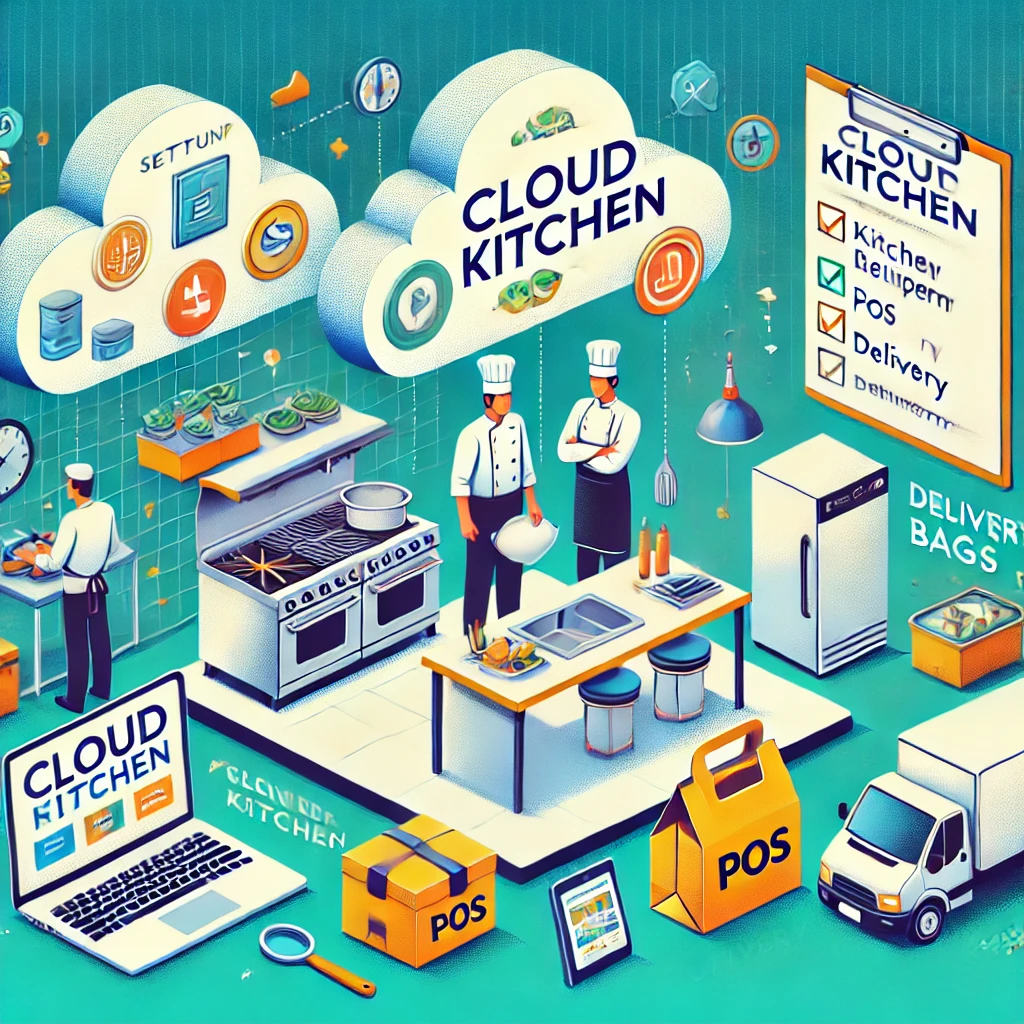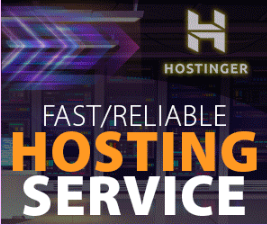Table of Contents
ToggleIntroduction
Launching a cloud kitchen offers a cost-effective way to enter the food business. However, understanding the full setup costs is essential for creating a solid business plan. From rent and kitchen equipment to technology investments and operational expenses, this guide covers everything you need to know about the costs of setting up a cloud kitchen.
1. Key Cost Categories for Cloud Kitchen Setup
Starting a cloud kitchen requires a well-planned budget. Here are the primary expenses:
- Real Estate and Rent: Affordable spaces in non-prime areas.
- Kitchen Equipment: Essential tools for food preparation and packaging.
- Licenses and Permits: Legal compliance for safe operation.
- Technology and Software: POS systems, delivery integrations, and websites.
- Marketing and Branding: Initial campaigns to attract customers.
2. Rental and Location Costs
Location is key, but cloud kitchens don’t need to be in high-traffic areas.
- Ideal Location: Industrial zones or areas close to delivery hubs to reduce delivery times.
- Monthly Rental Cost:
- Small kitchens: $500-$1,500.
- Larger spaces: $2,000-$5,000.
- Utility Costs: Electricity, gas, and water bills can range between $300-$800 per month.
3. Kitchen Equipment Expenses
Setting up a fully functional kitchen requires investment in tools and appliances.
- Essential Equipment:
- Ovens, fryers, refrigerators, and grills.
- Packaging stations with sealers and labels.
- Estimated Cost:
- Basic setup: $5,000-$10,000.
- Advanced setup: Up to $25,000 for specialized tools.
4. Licenses, Permits, and Insurance Costs
Every cloud kitchen needs to comply with local regulations.
- Required Licenses:
- Food handler permits, health inspections, fire safety certificates.
- Liability insurance to cover risks.
- Cost Range: $1,000-$3,000, depending on location and type of business.
5. Technology and Software Investments
Technology simplifies operations and ensures smooth order processing.
- Point-of-Sale (POS) Systems: Helps manage orders and payments.
- Delivery Platform Integrations: Sync with UberEats, DoorDash, and more.
- Website Development: Include online ordering functionality.
- Cost Estimate:
- POS systems: $1,000-$5,000 annually.
- Website setup: $500-$2,000.
6. Staff Hiring and Training Costs
Hiring the right team ensures smooth kitchen operations.
- Roles: Chefs, assistants, packers, and delivery managers.
- Training: Focus on food safety, packaging, and order management.
- Salary Range:
- Part-time workers: $12-$15 per hour.
- Full-time chefs: $2,000-$4,000 per month.
7. Marketing and Branding Expenses
Promoting your cloud kitchen is crucial to attracting new customers.
- Initial Marketing Campaigns: Social media ads and first-order discounts.
- Branding: Logo, packaging design, and promotional materials.
- Cost Range:
- Social media ads: $500-$2,000 per month.
- Branding: $1,000-$3,000 for design and materials.
8. Ongoing Operational Costs
Recurring expenses are essential to maintaining smooth operations.
- Ingredients and Packaging Supplies: Monthly inventory refills.
- Utilities: Electricity, water, and gas for kitchen operations.
- Delivery Commissions: Platforms charge 10-30% per order.
- Monthly Estimate: $5,000-$10,000, depending on the size of operations.
9. Example Budget for Setting Up a Cloud Kitchen
Small Cloud Kitchen
- Setup Costs: $15,000-$20,000.
- Monthly Expenses: $7,000-$10,000.
Mid-Sized Cloud Kitchen
- Setup Costs: $30,000-$50,000.
- Monthly Expenses: $10,000-$15,000.
Conclusion
Setting up a cloud kitchen requires careful financial planning. With an initial investment between $15,000 and $50,000, plus monthly operational costs, cloud kitchens offer an affordable way to enter the food industry. Choose a cost-efficient location, invest in the right equipment and technology, and allocate funds for marketing to ensure a successful launch. With low overheads and a growing demand for food delivery, cloud kitchens are a profitable business model and beyond.



